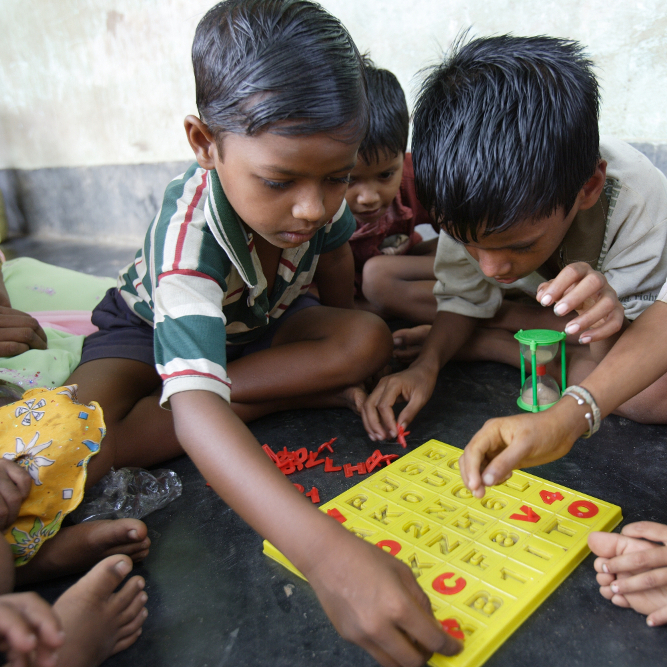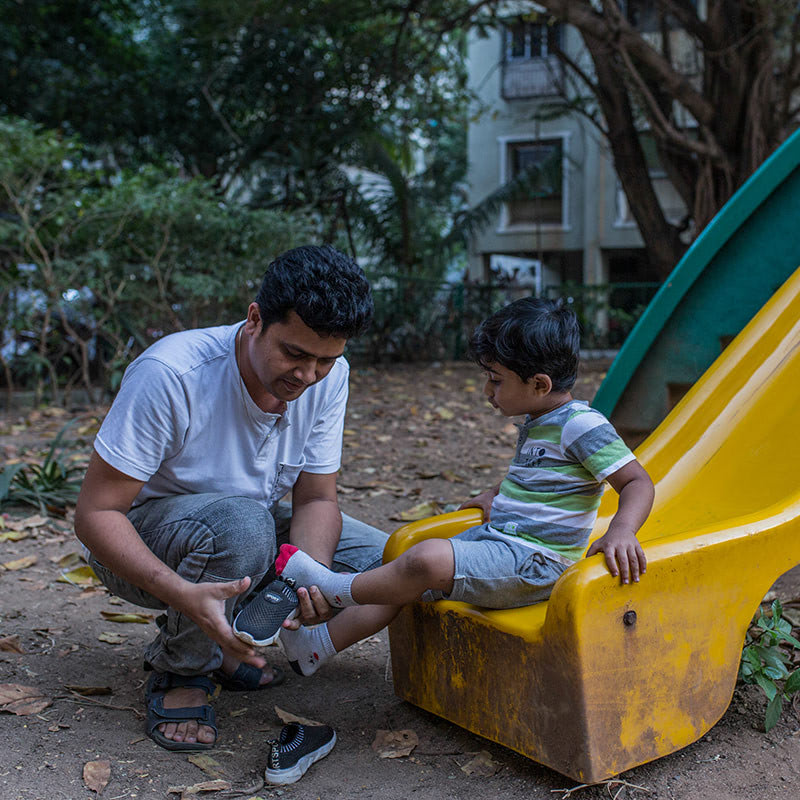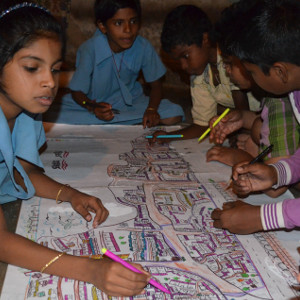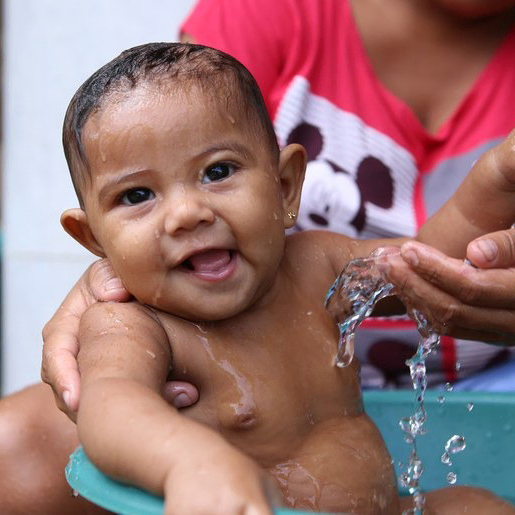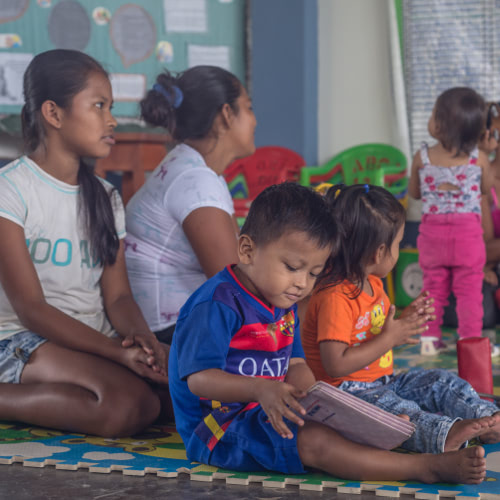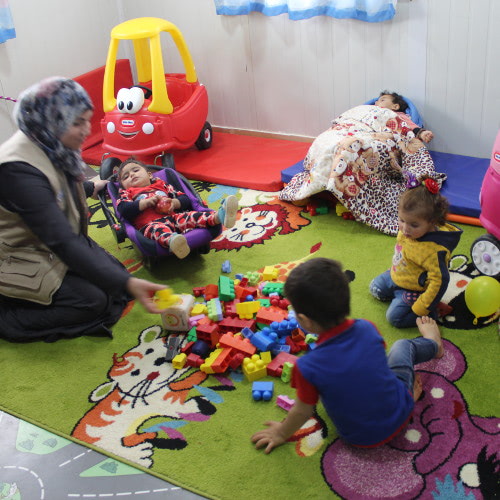In March 2016, the Bernard van Leer Foundation signed a Memorandum of Understanding with the Women and Child Development Department of the Government of Odisha, an Indian state with a population close to 44 million, to scale-up mother tongue-based multilingual early learning. The agreement was a landmark in over ten years of the Foundation’s ongoing involvement in multilingual early childhood care and development centres in the state.
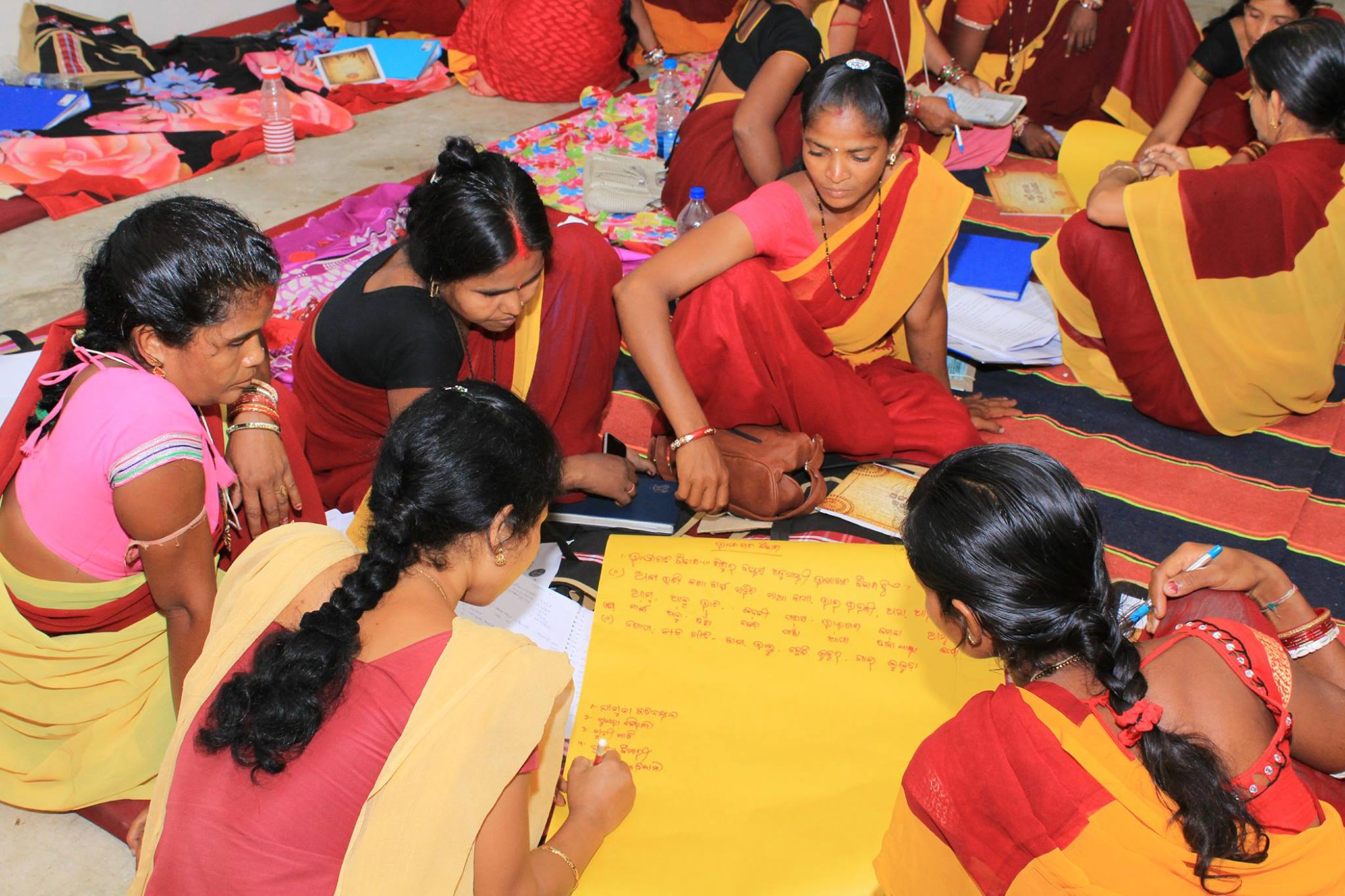
Why learning needs to start in the language spoken at home
Around 8 million people in Odisha belong to “scheduled tribes” – minority indigenous groups, mostly living in rural areas and speaking one of a range of tribal languages. Many tribal parents did not receive much formal schooling and do not speak the official state language, Odia. When their children start primary school, however, Odia is the language of instruction – and this can make it hard to establish their school career, leading to a high dropout rate.
Around 1.4 million tribal children in Odisha are of preschool age – and 77% of these attend an anganwadi centre, a service provided by the Indian state to support parents of young children in matters of health, nutrition and early learning. Foundation partners demonstrated in pilot projects that when anganwadi centres offer early learning programmes beginning in the language children speak at home, the transition to speaking Odia and succeeding at school is much easier.
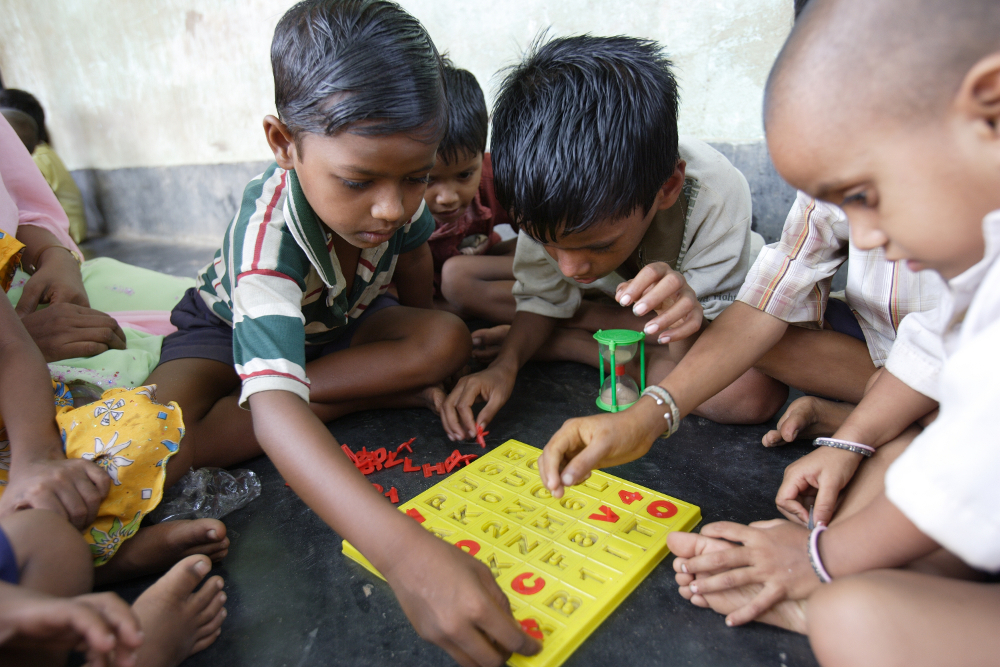
Odisha’s government agrees to roll out mother tongue-based preschool
In July 2016, with Foundation support, the Women and Child Development Department of the Government of Odisha set up a programme management unit with 15 staff, including coordinators for each of the 12 districts in which the programme will be scaled up. In all, it is expected to cover 7,200 villages with anganwadi centres in remote tribal areas, and improve the educational prospects of some 250,000 children.
In 2017, nearly 7,000 early childhood workers went through a week-long training programme which will enable them to directly support children and their caregivers in tribal communities. The training – carried out by a Project Management Unit at the Department of Women and Child Development in the state capital, Bhubaneswar – focused on promoting activities such as storytelling, singing, and other forms of non-verbal communication that help nurture early brain development and prepare the ground for formal learning.
Vishal Kumar Dev, Commissioner-cum-Secretary of the Department of Women and Child Development, commented:
“We believe our partnership will enable young tribal children to experience a holistic development, with opportunities for stimulation and brain development through better early childhood care and education in their mother tongue.”
